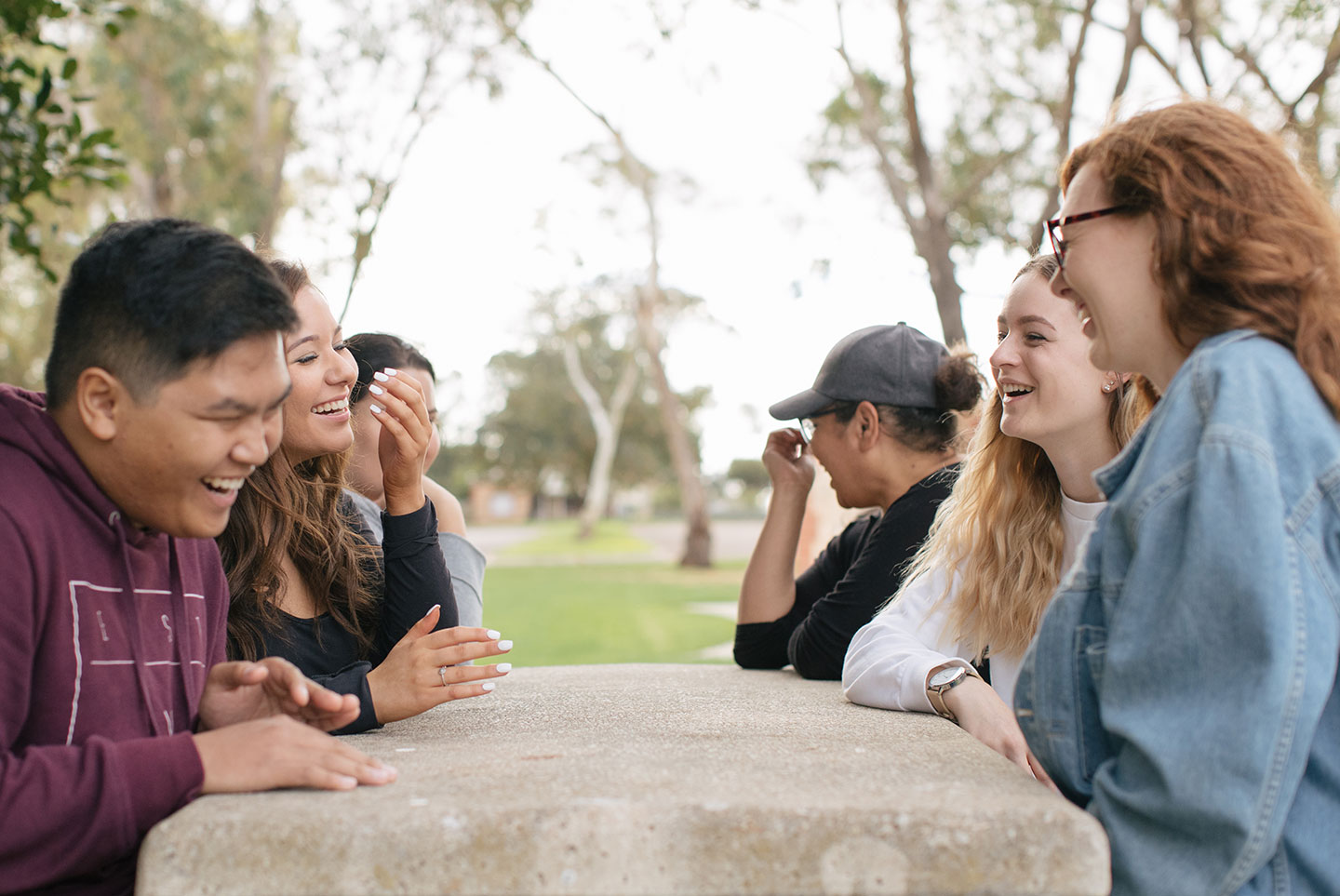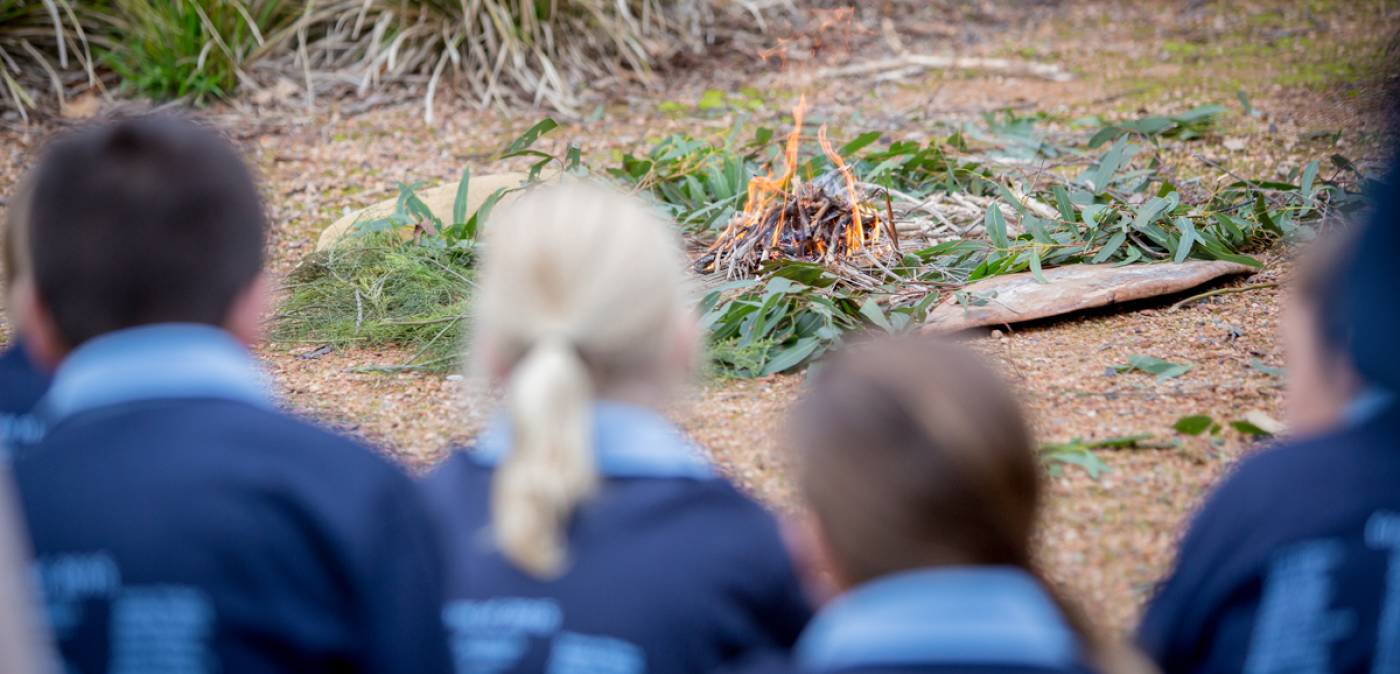
Why attend First-Nations-led public events?
Attending a First-Nations-led public event is a great opportunity to come together, with an open heart and mind, as a first step towards building relationships and a brighter future for all people who call Australia home. Many such events offer the opportunity to:
- meet local First Nations people
- listen to First Nations people and learn about Aboriginal and Torres Strait Islander histories and cultures
- show respect by honouring dates of significance to First Nations communities
- show support for First Nations communities by taking interest in issues that are important to Aboriginal and Torres Strait Islander people
- contribute to a sense of togetherness – recognising our connectedness as First Nations people and non-Indigenous people; understanding another’s reality; validating concerns and experiences; and recognising that our freedoms (or lack thereof) are interlinked
- explore what a shared national identity could look like – one that takes honest account of our shared history, celebrates First Nations people and cultures, and embraces all people living on this land today.
Local is best
We recommend starting locally. Engaging locally highlights your direct connection to our shared story, both historically and today. Starting locally also tends to be more accessible, both geographically and financially, with greater potential for long-term relationship. Engaging locally shows that you recognise the value of First Nations people in your immediate community, and can provide a helpful introduction to working alongside First Nations communities.
How to find First-Nations-led events
First-Nations-led events occur throughout the year, often coinciding with dates significant to Aboriginal and Torres Strait Islander people. A great place to find out about local events is your council website, particularly around National Reconciliation Week and NAIDOC week. You might also find First-Nations-led events on Australia Day, January 26 (known to many First Nations people as Survival Day or Invasion Day).
Community noticeboards, social media, local newspapers and magazines are a good place to look for upcoming events. You can also check out your nearest museum or art gallery, which often have First Nations exhibitions and guided museum and gallery tours, or search for local First Nations community groups who may offer cultural tours or presentations.
If you live in a capital city, check city events websites for festivals specifically celebrating First Nations Peoples and cultures, such as Melbourne's Tanderrum festival or Adelaide's Tarnanthi festival. Look for National Reconciliation Week Events here and NAIDOC Week events here.
Tips for attending events
Before you attend:
- Check your expectations – set an intention to show up first and foremost to listen and learn.
- Recognise that the size and budget of events varies greatly. It’s good to keep in mind that some events are organised by volunteers, while others are larger and more formal. If you’d like to find out more about a particular event, speak to the organiser so you know what to expect when you turn up.
- Don’t presume that you’ll meet a First Nations person at an event. Some events are quite small and may only have a few First Nations people attending
When you’re there:
- Listen and observe and open your heart and mind to hearing about other ways of experiencing the world.
- Talk to a number of people; here’s some ideas to kick off the conversation: “Why did you choose to attend today?”; “Do you know of any groups, education opportunities, cultural tours or local First Nations organisations in this area?”; “Do you know of any opportunities to get involved locally?”; “Do you know any local cultural stories that I can learn about or places I can visit?”
- Consider similarities in your own life or experience that might connect with what’s being presented or discussed.
Next steps:
- Follow up any contacts who were open to further conversation.
- Consider how the things you learnt and experienced may affect any groups you’re part of (sports clubs, church, workplace, school).
- Tell people about what you learnt and experienced.
- Send us an email to share your experience with us: contact@australianstogether.org.au
- Remember, attending an event is a good first step. But coming together for a better future isn't about a one-off event, it’s an ongoing process. Keep listening and learning and seeking better ways to live together.
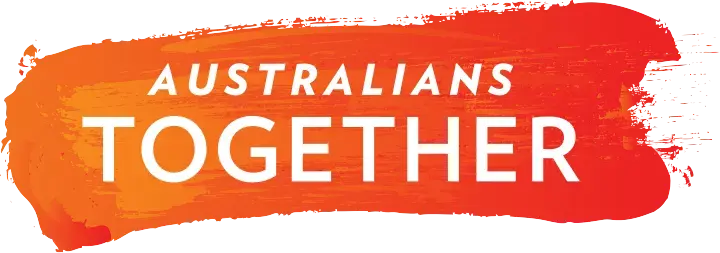
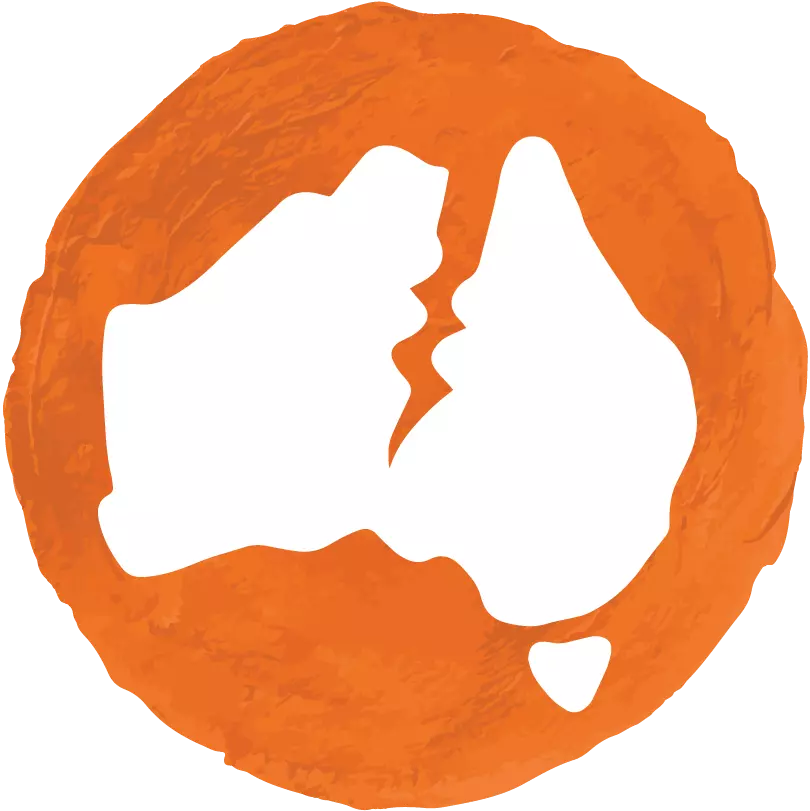 The Wound
The Wound
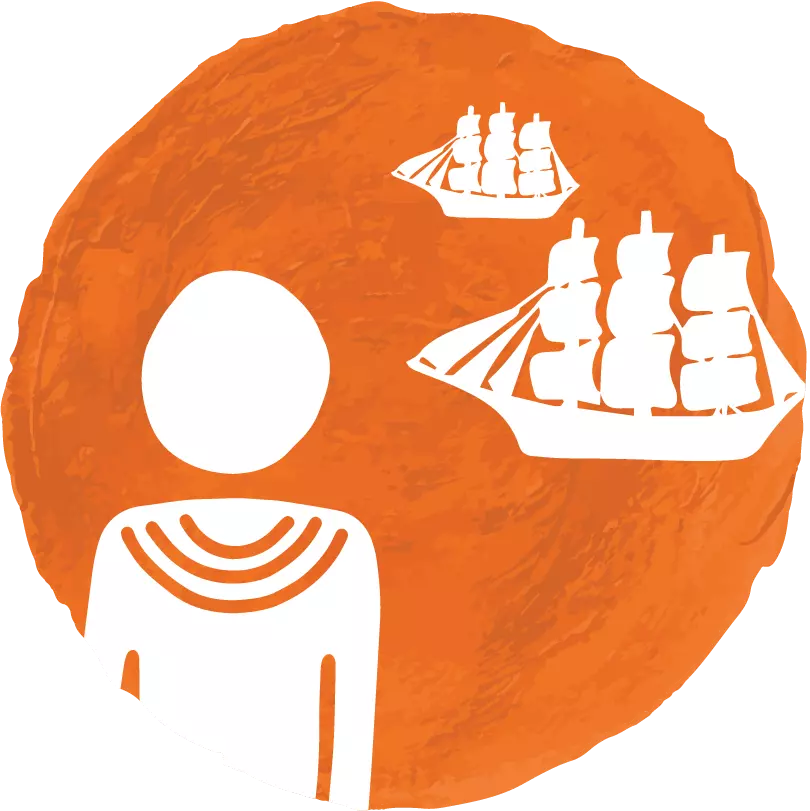 Our History
Our History
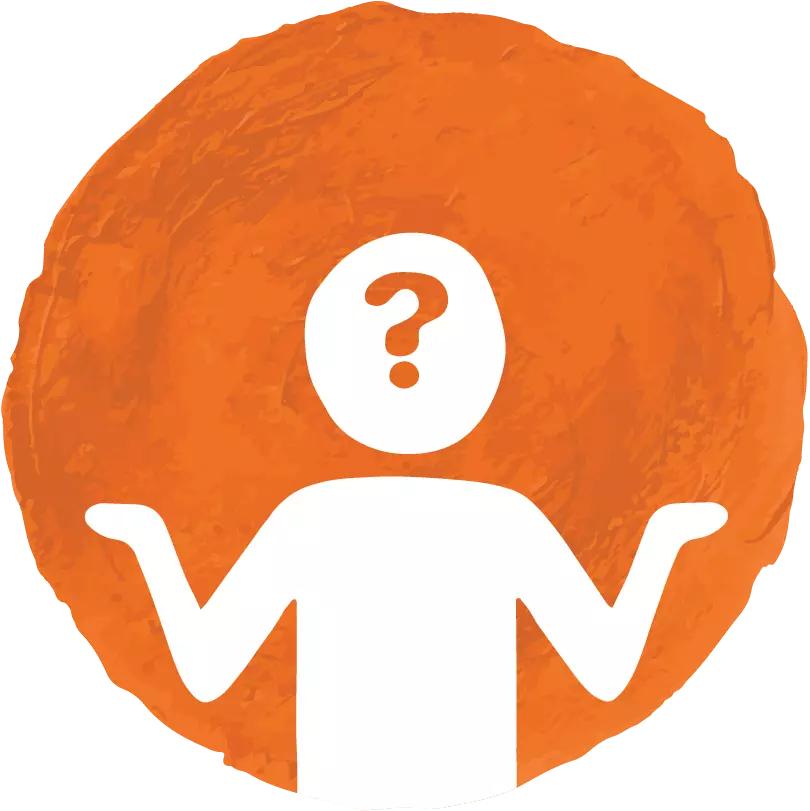 Why Me?
Why Me?
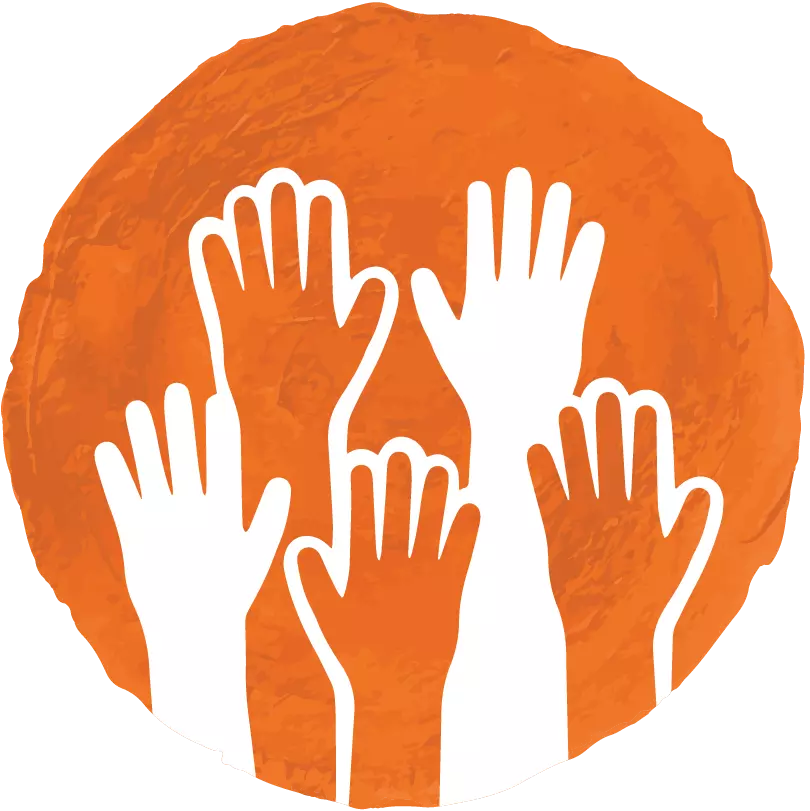 Our Cultures
Our Cultures
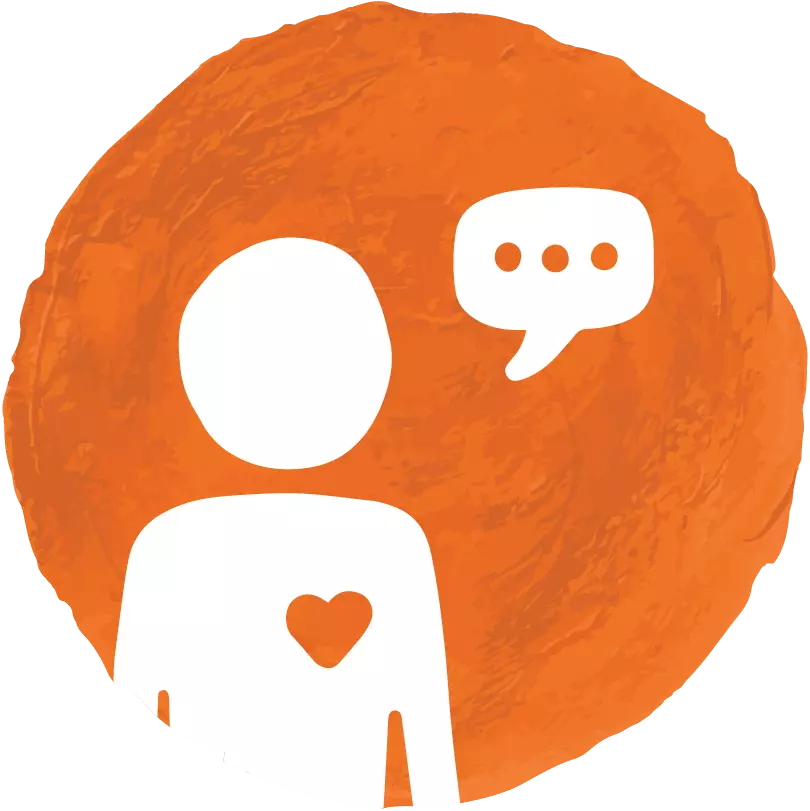 My Response
My Response



